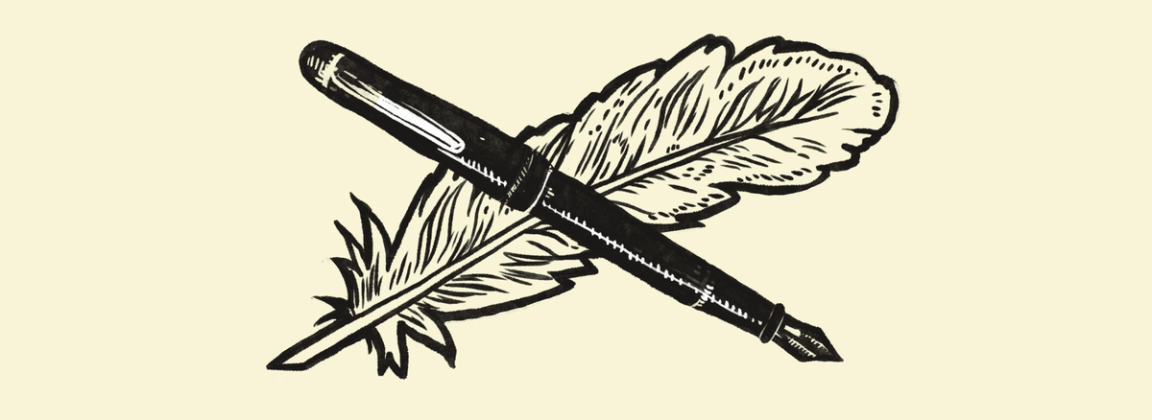 Manoj Kewalramani is a China studies fellow at the Takshashila Institution in Bangalore. He writes the Tracking People’s Daily and Eye on China newsletters. It has never been harder to get into China, report on China, talk freely within China. Thanks to the pandemic and tougher entry rules these last few years I’ve had to do my job studying China from India. Yet it has also never been more important to understand China. I spend my mornings reading the front page of People’s Daily. The Communist Party has long sought to control the narrative about China, constraining dissent while pumping out propaganda. While Chinese leader Xi Jinping has centralized power, communicating to the Party’s 95 million members requires a certain degree of transparency. That’s what I mine — a web of open-source materials including official data, legislation, and media commentary. Consuming these jargon-filled texts, an acquaintance recently told me, can be like munching on sawdust. Everything in them, of course, is meant to provide a favorable view of the CCP. Still, they offer a window into the dynamics of power, and the functioning of the system, and by following People’s Daily closely, I see small changes — in language, the prioritization of issues, the growing or diminishing prominence of competing officials — that often herald bigger shifts. China isn’t a black box, it’s a stained-glass window: The Party’s efforts to paint a particular picture requires it to allow some light through. | 











